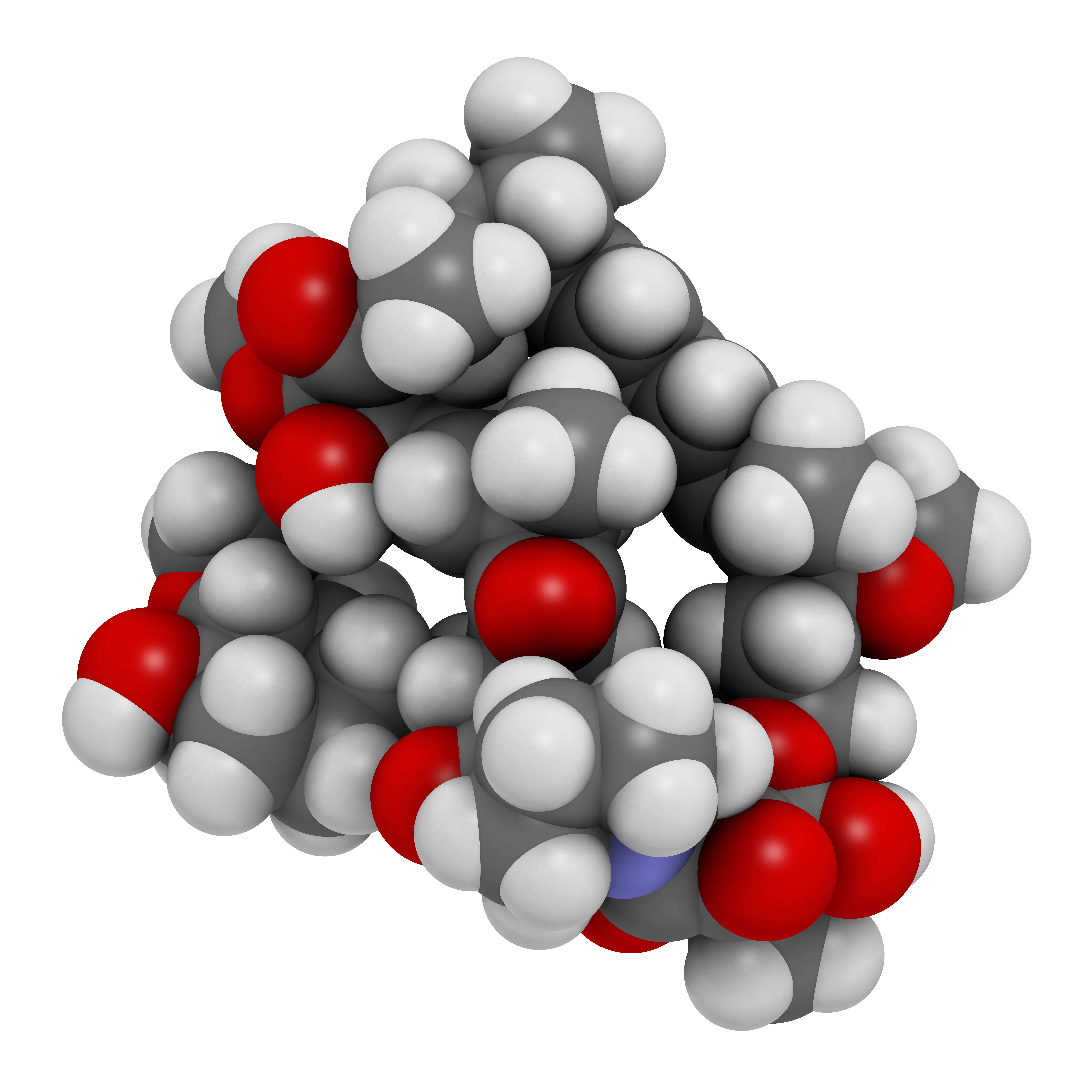 Colon cancer is often associated with the mammalian target of rapamycin (mTOR), a serine/threonine kinase activated in a range of cellular activities such as growth, proliferation, and migration. A new study from the Department of Pathology at the University of Pittsburgh School of Medicine written by lead author Dr. K He, principal investigator Dr. J Yu, and collaborators showed that two rapamycin analogs inhibit one of the mTOR complexes and lead to anticancer effects.
Colon cancer is often associated with the mammalian target of rapamycin (mTOR), a serine/threonine kinase activated in a range of cellular activities such as growth, proliferation, and migration. A new study from the Department of Pathology at the University of Pittsburgh School of Medicine written by lead author Dr. K He, principal investigator Dr. J Yu, and collaborators showed that two rapamycin analogs inhibit one of the mTOR complexes and lead to anticancer effects.
“These results establish activation of endoplasmic reticulum stress and the death receptor pathway as a novel anticancer mechanism of mTOR inhibitors,” wrote Dr. He, in the article, “mTOR Inhibitors Induce Apoptosis in Colon Cancer Cells via CHOP-dependent DR5 Induction on 4E-BP1 Dephosphorylation,” which was published in the journal Oncogene.
The two drugs, Everolimus and Temsirolimus, were previously shown to suppress cell proliferation and blood vessel growth into tumors. This study used both inhibitors in the situation of colorectal cancer using in vitro colon cancer cell culture and a xenograft animal model.
First on the list of experiments was to test the efficacy of the two drugs, Everolimus and Temriolimus, in killing colon cancer cells. Indeed, high concentrations of either drug induced classical apoptosis in colon cancer cells. The authors noted that this was likely a result of inhibiting phosphorylation of a specific protein known as 4E-BP1. To test this hypothesis, the authors identified the effects of the drugs on 4E-BP1. They saw an increase in endoplasmic reticulum stress in the colon cancer cells.
The team went on to identify the parts of signaling cascades that were required for the two drugs to have apoptotic activity. It appeared as though the proteins DR5, caspase-8, and FADD were necessary for mTOR inhibitor-induced colon cancer cell death.
Interestingly, Everolimus also seemed to have additive effects with other therapies to kill colon cancer cells. Applying either DR5 ligand TRAIL or 5-flurouracil (5-FU) along with Everolimus elicited a stronger anticancer effect than any treatment alone. This again was a result of activating DR5.
Finally, the researchers were able to reduce tumor volume growth by 80% in the colon cancer animal model when Everolimus was administered orally for 10 days. There were marked signs of apoptosis in the tumors, agreeing with the results from cell culture experiments.
“These data demonstrate an important role of the extrinsic apoptotic pathway and inhibition of 4E-BP1 phosphorylation in the anti-tumor activities of Everolimus in vivo,” concluded Dr. He. “These results provide a better understanding and potential biomarkers of the pro-apoptotic action of mTOR inhibitors.” This work will be applicable to a range of other studies using mTOR inhibitors, suggesting new therapeutic strategies for eradicating colon cancer.


